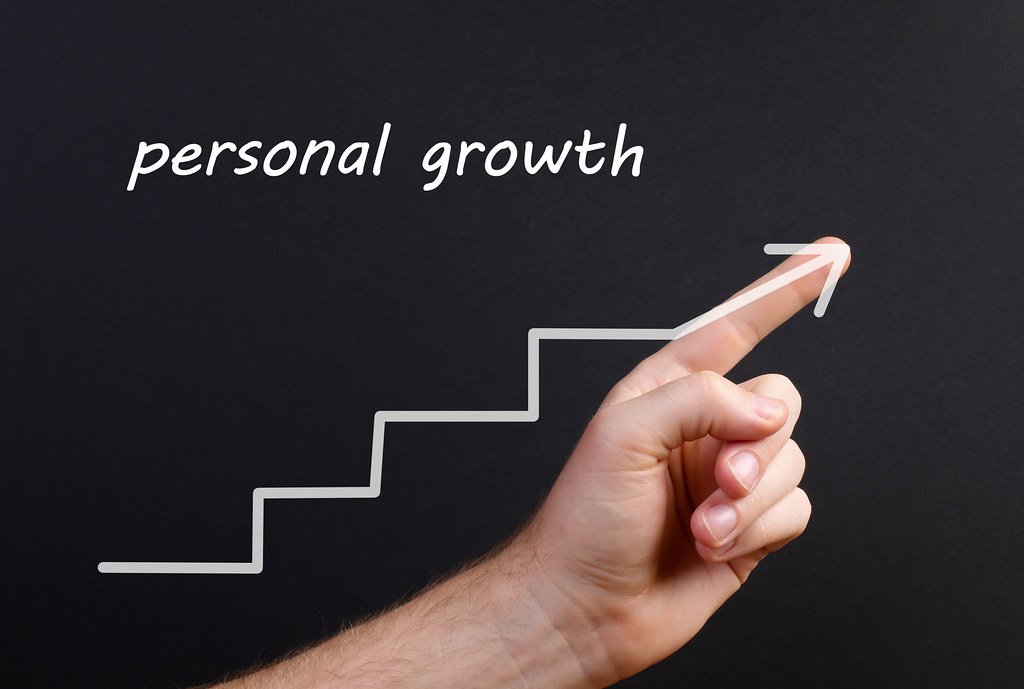Happiness and economic growth are two concepts that are closely intertwined. While economic growth is often seen as a measure of a country’s success, happiness is a more subjective measure of how people feel about their lives. Despite this, there is a strong correlation between economic growth and happiness, and it is important to understand how the two are related.
The most obvious connection between economic growth and happiness is that economic growth leads to increased wealth and improved living standards. As a country’s economy grows, its citizens have more money to spend on goods and services, which in turn leads to higher levels of satisfaction. This is especially true in developing countries, where economic growth can lead to dramatic improvements in living standards.
In addition to increased wealth, economic growth can also lead to increased job opportunities. As a country’s economy grows, businesses are more likely to expand and create new jobs. This can lead to increased job security and higher wages, which can lead to increased happiness.
Economic growth can also lead to increased social mobility. As a country’s economy grows, it is more likely to create opportunities for people to move up the economic ladder. This can lead to increased happiness, as people are more likely to feel that they have a chance to improve their lives.
Finally, economic growth can lead to increased access to education and healthcare. As a country’s economy grows, it is more likely to invest in education and healthcare, which can lead to improved health and educational outcomes. This can lead to increased happiness, as people are more likely to feel that they have access to the resources they need to improve their lives.
Overall, there is a strong correlation between economic growth and happiness. Economic growth leads to increased wealth, job opportunities, social mobility, and access to education and healthcare, all of which can lead to increased happiness. It is important to understand this connection, as it can help countries to create policies that promote both economic growth and happiness.







